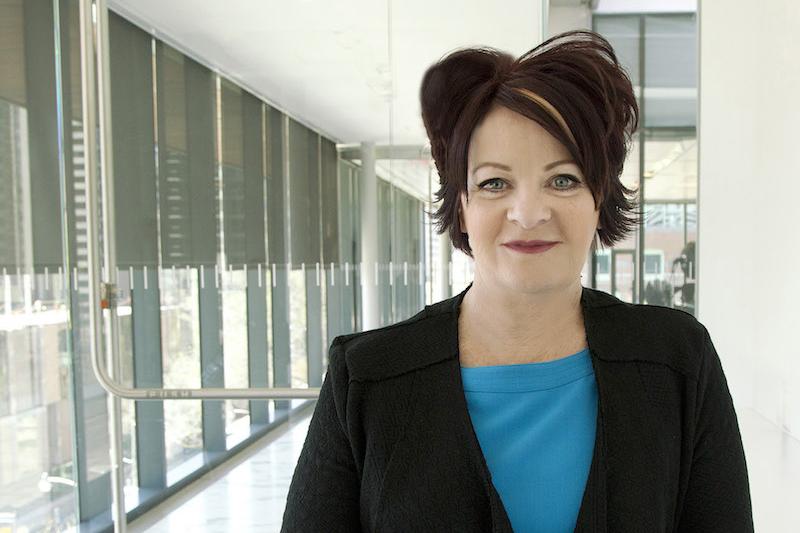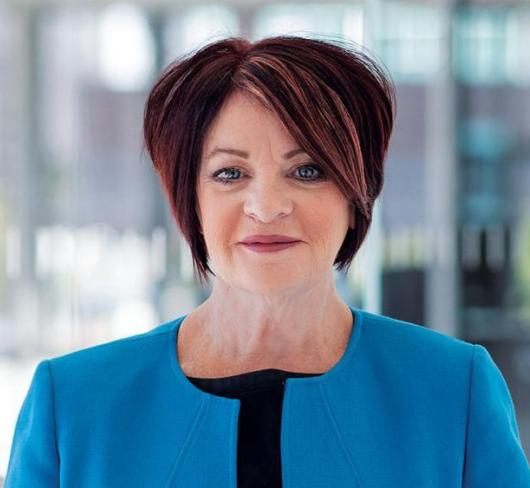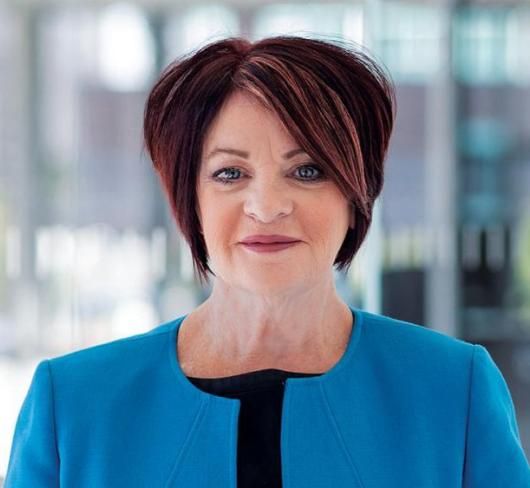
Developing Women’s Leadership in Classrooms and Communities
The women’s issue of Voice is special. It acknowledges the important role that women, women’s programs and women’s organizing play in the Federation. Leadership in ETFO is about creating movements for change within our locals, our schools and our communities. It’s about changing society and creating an economic and social system that values working people, diversity, social justice and equity.
Ontario’s Changing Workplaces Review and its failure to meaningfully address workplace barriers experienced by women workers was disappointing, if not surprising. It serves to remind us that our work is not done. As Rosemary Brown, the first Black woman elected to a provincial legislature, said “We must open the doors and we must see to it they remain open, so that others can pass through. Sisterhood is powerful.” Our organizing is as important now as ever.
We must continue to push the government to make wages and working conditions in Ontario more equitable. It is the only way that more families can be lifted out of poverty. As a feminist organization, as a powerful lobby of 78,000 members, it is our responsibility to fight for the families in our communities and the children in our schools.
Challenging oppression is a process of continual learning. As activists and allies, we work within ETFO to ensure that our women’s and equity programs build on our social justice mandate and expand our members’ understanding. ETFO has a constitutional commitment to support women’s participation and leadership in the union. Our constitution guarantees positions for women on the Executive and funding for women’s programs, and we provide equity programs in the context of our commitment to social justice. Our programs for members, particularly women, Indigenous and racialized members, members with disabilities, and LGBTQ members, our resources for classrooms and our work in the community are fundamental to what we do.
Through our women’s programs and our equity programs, we develop the tools and understandings we need to challenge the status quo, advocate for our own rights and work as allies to support the struggles of others. This includes a commitment to developing and promoting Indigenous education, creating anti-oppressive frameworks that extend our understandings of equity, and honouring the diversity of our members and students. Creating alliances and challenging oppression are two of the reasons we are committed to community organizing.
From the beginning, our women union leaders have worked to bring about change within the union and within their own communities. Working with community groups, women’s groups, faith groups, social justice groups, and other unions to bring about the changes our society needs, our leaders and members are working to address poverty, to end violence against women and girls, and to provide a better education for new immigrants and refugees.
Educators play a very significant role in the lives of our students. We all remember the teachers who encouraged us, tapped us on the shoulder or guided us through a door that we believed was closed. For women and girls, this encouragement is particularly powerful and important. As educators and members of ETFO, we need to recognize our impact, acknowledge our community networks and commit to continuing the important work we do in Ontario classrooms and communities.
– Sharon O’Halloran

